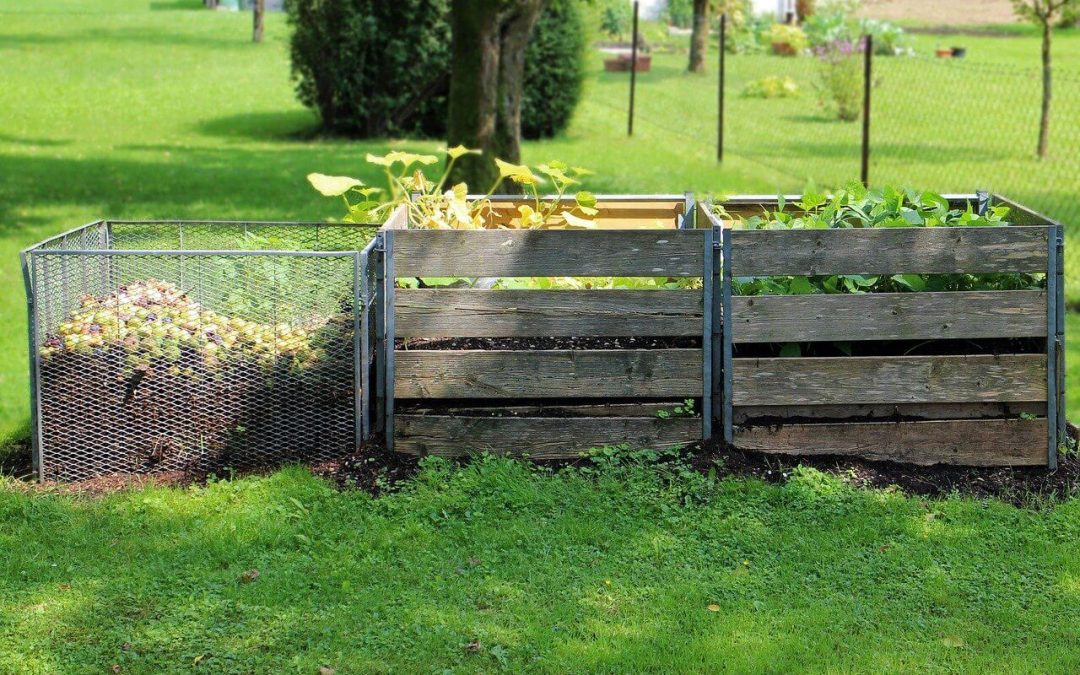Composting is an easy and environmentally-friendly way to reduce household waste while creating nutrient-rich soil for your garden or houseplants. Composting has become increasingly popular because the environmental benefits are undeniable, and the process of composting is simple. Here are a few tips for composting at home.
Composting at Home: Pick the Right Spot
The first step to composting is deciding where to set up your compost pile or bin. Choose an area without a lot of human activity, like near a fence line or in a corner of your yard. Make sure the area gets plenty of sunlight, and don’t create a compost pile in a place where water collects.
Build Your Compost Pile in Layers
When you’re ready to start composting, layering is the key. Begin with a layer of dry materials like twigs or leaves, then add a layer of wet materials, including grass clippings and kitchen scraps. Alternate between layers of wet and dry materials. Layering allows for proper aeration and good drainage of the compost.
Mix Regularly When Composting at Home
Mixing your compost pile promotes air circulation, which helps speed up the decomposition process. Mixing also prevents pockets of anaerobic material from forming, which can create odors or attract pests. Rotate your compost pile by hand or use a garden fork to turn it every week or two. Alternatively, you might purchase a composting container with a handle to rotate the drum and mix the materials.
Harvest Compost When Ready
Once your compost looks dark, crumbly, and smells earthy, it’s ready for harvest. Use a garden fork or shovel to remove the top layer of material from the pile, and sift the material through a mesh sieve. Your harvested compost is now ready for use in your garden or houseplants.
What You Should and Shouldn’t Add to Your Compost
The key to making high-quality compost is to create the right balance of nitrogen-rich and carbon-rich materials. Nitrogen-rich materials include fresh grass clippings, kitchen waste, and coffee grounds. Carbon-rich materials are dry leaves, sawdust, and shredded paper.
Don’t add things like meat, fish, or dairy products to your compost. These items attract rodents and other pests and contribute to unpleasant odors. You should also avoid pet waste, diseased plants, and weeds to make sure the compost is safe for use in the garden.
Composting at home is a great way to reduce waste and create nutrient-rich soil for the garden and houseplants. With a little practice and patience, you’ll have a productive compost pile that’s good for your backyard garden and the environment.
District Home Inspection provides inspections for customers in the Washington, D.C., area. Contact us to schedule our services.

